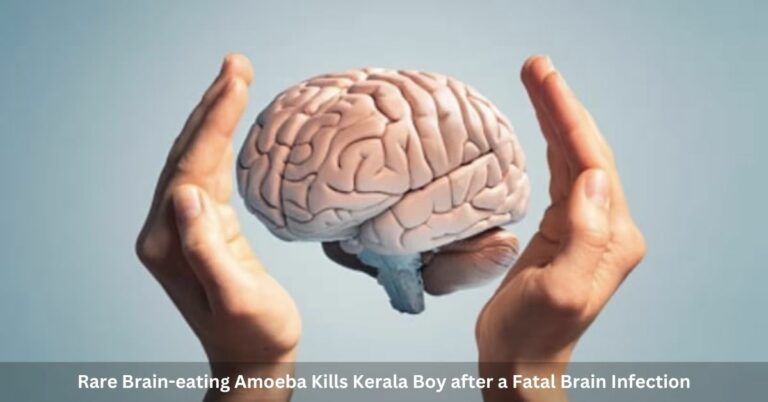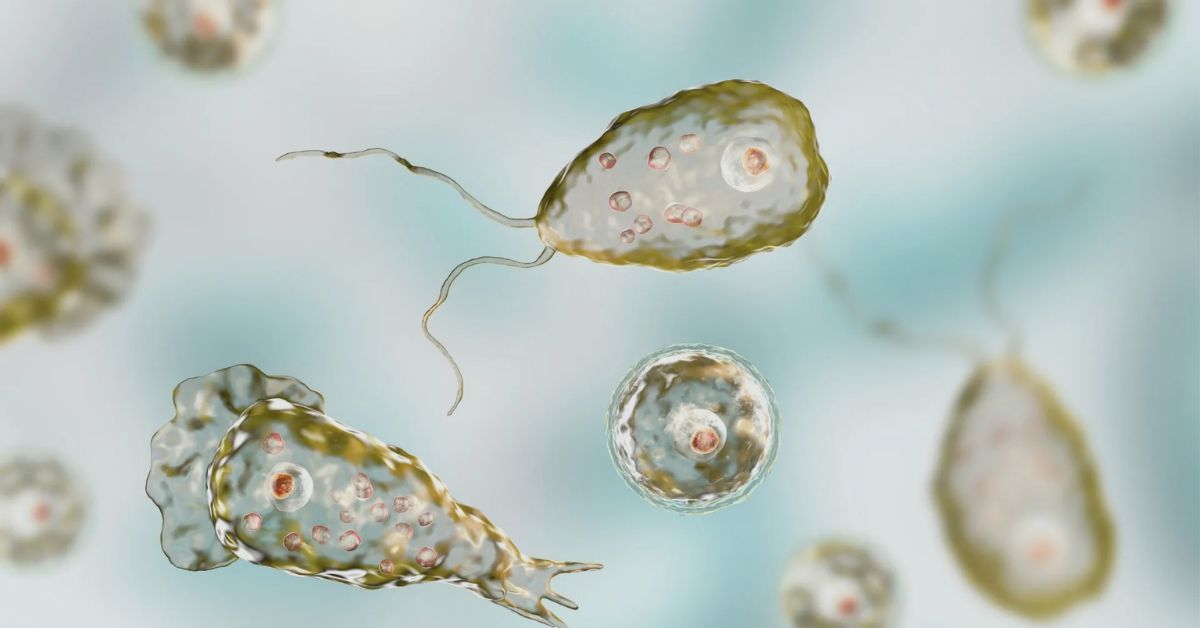
A tragic incident occurred in Kerala’s Alappuzha district, where a teenager lost his life to a rare brain infection caused by free-living amoebae found in contaminated waters. This unfortunate event has once again brought to the forefront the importance of water safety and the potential dangers lurking in seemingly harmless environments.
With five reported cases of this rare infection in the state, health officials are urging the public to exercise caution when interacting with still water bodies. In this article, we explore the details of this deadly brain infection and the measures being taken to prevent further occurrences.

The Threat of Primary Amoebic Meningoencephalitis
The brain infection that claimed the life of the 15-year-old teenager is known as primary amoebic meningoencephalitis (PAM). It is an exceptionally rare disease caused by free-living amoebae, which can be found in stagnant water.
The infection is contracted when these amoebae enter the body through the nose, ultimately leading to severe inflammation of the brain. Regrettably, the mortality rate for PAM is 100 percent, making it an extremely deadly condition.
#braineatingamoeba
Rare brain-eating amoeba kills Kerala boyhttps://t.co/YtEx2K6QWK pic.twitter.com/JqouIOz7rM— mode-cafe (@mode_cafe_) July 8, 2023
Previous Cases and Geographic Spread
According to state Health Minister Veena George, this is not the first instance of PAM in Kerala. The minister confirmed five prior cases, with the initial case being reported in 2016.
Two cases were documented in Malappuram in 2019 and 2020, while Kozhikode and Thrissur each reported one case in 2020 and 2022, respectively. These occurrences underscore the need for continued vigilance and proactive measures to combat the spread of this deadly brain infection.
- Instagram Threads App: a New Player in the Social Media Landscapem
- Malvika Sitlani: The Influencer’s Candid Journey into Motherhood
Symptoms and Challenges
The main symptoms associated with PAM include fever, headache, vomiting, and seizures. Unfortunately, due to the rapid progression of the disease and its similarity to other common illnesses, diagnosis can be challenging.
By the time symptoms become apparent, the infection has typically advanced significantly, leaving little chance for effective treatment. This highlights the importance of both public awareness and early detection in combating PAM.
Water Safety Measures
Health officials and experts are emphasizing the criticality of practicing water safety to prevent such infections. It is advised to avoid bathing in contaminated water, particularly in stagnant bodies such as ponds, lakes, and certain untreated water sources.
By refraining from activities that expose individuals to potential risks, the likelihood of coming into contact with free-living amoebae can be significantly reduced. Raising awareness about these precautions is crucial to ensuring the well-being of the community.
Call for Strengthened Water Management
The recent unfortunate incident has also underscored the need for robust water management systems. Efforts should be made to identify and mitigate potential sources of contamination, ensuring that bodies of water, especially those accessible to the public, are regularly monitored and treated.
Collaborative initiatives involving government agencies, health departments, and environmental organizations are necessary to establish comprehensive water safety protocols that can help prevent future cases of PAM.
Conclusion
The loss of a young life to a rare brain infection caused by free-living amoebae is a tragic reminder of the potential risks associated with contaminated water. The reported cases of primary amoebic meningoencephalitis in Kerala highlight the urgency of public awareness and strengthened water safety measures.
By adopting preventive practices, such as avoiding bathing in stagnant water, and implementing robust water management protocols, we can strive to protect individuals from this deadly brain infection. Let us collectively work towards safeguarding our communities and ensuring a safer environment for all.
How do you like our grave, you must write in the comment, you must stay connected with our website to give your opinion, as well as you can follow us on our social media Twitter account.